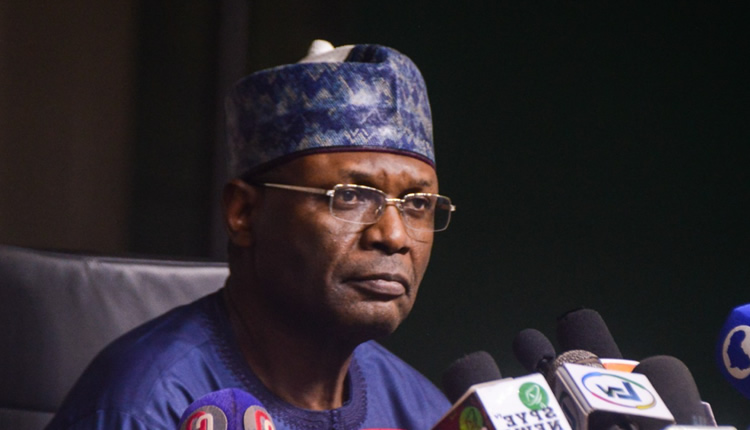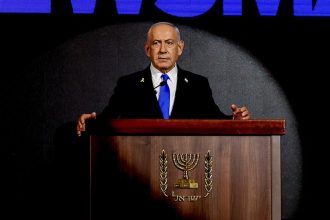The Independent National Electoral Commission has said it will engage the National Assembly for clear legal provisions to support the participation of inmates in the country’s elections.
INEC Chairman, Prof Mahmood Yakubu, disclosed this on Friday when he received the Controller General of the Nigerian Correctional Service, Sylvester Nwakuche, at the commission’s headquarters in Abuja.
Yakubu said while there had been sustained advocacy for the voting rights of inmates, most of whom are awaiting trial, there was an urgent need for legal clarity, citing Section 12(1)(e) of the Electoral Act 2022, which restricts voter registration to citizens “not subject to any legal incapacity to vote.”
“Our immediate task is to engage with the National Assembly for a clear legal provision on inmate voting. Thereafter, we can address the specific issues that may arise in the course of implementation,” he stated.
The INEC boss recalled that courts in Nigeria had affirmed the voting rights of inmates, referencing two rulings—one by the Federal High Court in Benin in 2014, and another by the Court of Appeal in 2018—which upheld the right of five plaintiffs awaiting trial to vote.
Yakubu noted that the courts emphasised the right to vote as a voluntary act that must be asserted by citizens, not one imposed by law.
He added that the commission had previously set up a joint technical committee with the NCoS to examine the modalities for inmate voting and raised several operational concerns.
“On our part, we raised the issue of access to the correctional facilities for voter registration, creation of polling units and voter education. Stakeholders also brought up concerns about observer access, media coverage, and whether political parties would be allowed to campaign in the facilities and appoint polling agents on election day,” he added.
Yakubu stressed the importance of resolving the issues collaboratively, adding that the majority of inmates were on remand and might already be registered voters.
He also commended civil society groups, particularly the Carmelite Prisoners’ Interest Organisation, for their continued advocacy on inmate voting, and acknowledged the positive disposition of the Senate and House of Representatives committees on electoral matters.
“I wish to reassure the Controller General of the Nigerian Correctional Service that we are united with you in our shared determination to extend voting rights to inmates of our correctional facilities,” Yakubu stated.
In his remarks, Nwakuche said over 81,000 inmates were currently in custody nationwide, with more than 66 per cent awaiting trial.
He described them as citizens who should not be denied their right to vote.
“Anybody can find themselves in that community. We must be careful about how we treat them. Inmates have rights, and part of those rights is the right to vote.
“We need to work together to examine the technical requirements, identify obstacles, and develop a pathway to realising this right, even if not immediately, then in the near future,” he added.
Also lending his voice to the move, a former senator representing Kaduna Central, Shehu Sani, described the reform as a welcome development.
In a post on X, the former lawmaker and rights activist, said the initiative could translate into about 100,000 additional votes across the country.
“Speaking from experience as an ex-prisoner, I know that the long-term serving inmates and the ‘Cell Governors’ and their Exco will control the votes,” Sani said.
He noted that the power structure in prison facilities was strong and not for the weak, but praised the initiative as a step towards inclusivity and justice.
“The order of command inside the prison cell is not for the weak. Overall, the reform that gives the prisoners the right to vote is commendable,” he added.









